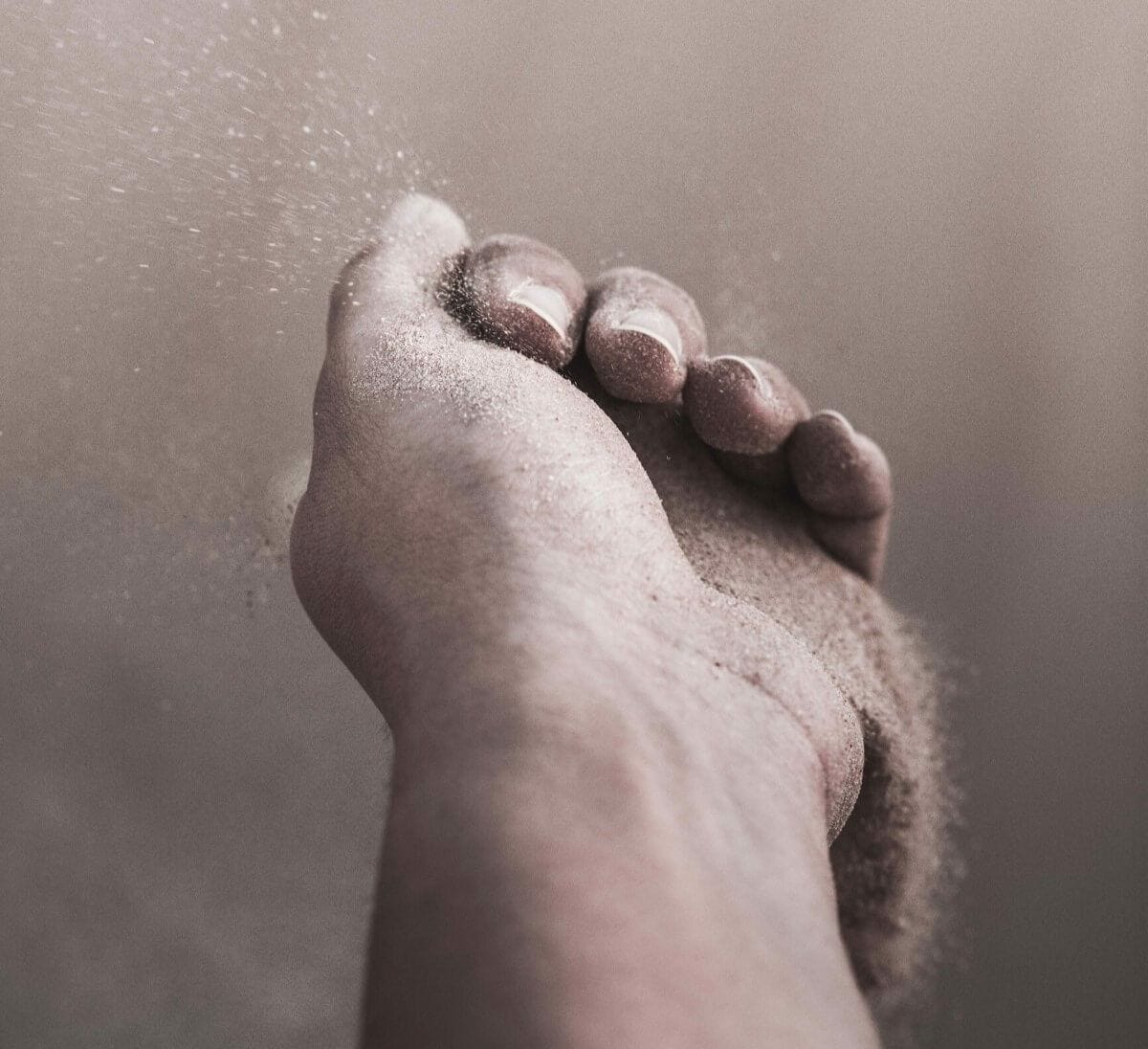To Win, Choose What to Lose
What I learned from juggling between studying and creating.
Last week, I came across an idea by Oliver Burkeman, author of Four Thousand Weeks — a book about time management for mortals. It was such a simple idea yet it has greatly changed my life as a student and a creator.
In case you’re in a hurry, here’s it👇️
Choose in advance what to fail at.
—Oliver Burkeman, Four Thousand Weeks
And here comes the story.
🌤️ Student by day. Creator also by day.
As you may have known, I’m reading engineering in my first year of university. Though at this point, I’m pretty much just finishing what I started—
*cough*
At the same time, I’m working on a few side hustles and just anything that’s outside my full-time “job” — studying. Here are some.
Building Notion templates
Writing a weekly newsletter (this)
Doing #tweet100 (one tweet daily for 100 days)
Organising a community service project (bake sale🍪)
Co-leading the event department in an engineering festival
Pretty impressive, eh? But, if you think about it,
More commitment = more sacrifices
And these sacrifices include time and energy. The more I stretch myself too thin, the easier I’ll burn myself out and turn into a waste-man — lying in bed binging dumb videos on YouTube and escaping reality.
Hence,
More commitment = more sacrifices = more likely to burn out = can’t do anything well
See where I’m going?
❎ You can do anything, but not everything.
Imagine a box📦️.
The more stuff you put in, the less space you have, right? It’s the same here — the more commitment (stuff) you have, the fewer resources (space) you can allocate for each of them.
When we were kids, we could sometimes get so bored that even getting bored is boring. We just couldn’t find anything interesting to do outside. There was so little obligation, but a goddamn lot of time.
Those days, your box was mostly empty. But, as we get older, we find ourselves busier than ever. We keep putting stuff into the box that free time becomes so rare we couldn’t remember how boredom feels like.
The thing is,
At one point, each commitment you make is no longer just adding another item into the box. The box is now full, so each commitment you make is replacing an old item with a new one — a trade-off.
For example,
If you’re in school, but also want to get into cooking. You aren’t just learning how to cook. You’re sacrificing some of your revision time to learn how to cook.
If you want to grow a side hustle while working a full-time job, you aren’t just growing a side hustle. You’re sacrificing some of your personal fun time to grow your side hustle.
🤷♂️ So what?
The size of the box is (usually) constant. There is only so much time and energy you can have in a day. If saying yes to a new opportunity is a trade-off for another, so be it.
But, there is one thing you can do.
Choose in advance what to fail at.
—Oliver Burkeman, Four Thousand Weeks
In other words, if you have no choice but to sacrifice something, you decide in advance what to sacrifice.
If you know you have to rush an assignment due in a few days, choose in advance to sacrifice cooking daily and get take-outs instead.
If you’re having a fever today, choose in advance to sacrifice hitting the gym the next morning. Rest well to recover instead.
If you want to have more time for yourself, choose in advance to sacrifice saying yes to every opportunity there is.
The point is,
Instead of constantly feeling bad about yourself when you fail to do an impossible amount, give yourself some conscious grace and room for other things in your life.
—liver Burkeman, Four Thousand Weeks
When you do that, you’ll realize that some goals or tasks are just impossible under your current circumstances. It’s better to decide what to give up in advance and focus on what you can do, rather than feel bad for failing later.
After all, we only have 4000 weeks.
👋 Afterword
As a full-time student and a part-time creator, I do feel overwhelmed sometimes when juggling between roles. But, reading Oliver's book taught me that,
To win, you must choose in advance what to lose.
So, rather than forcing my way through, I chose to put some of my commitment on the back burner. While it feels bad to give up building Notion templates now, it’s a million times better than failing at everything and feeling terrible about it later.
After all, I only have 4000 weeks too.
More on that here 👇️



